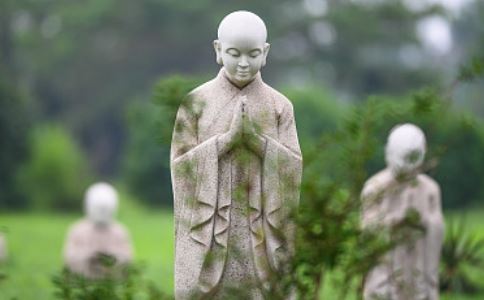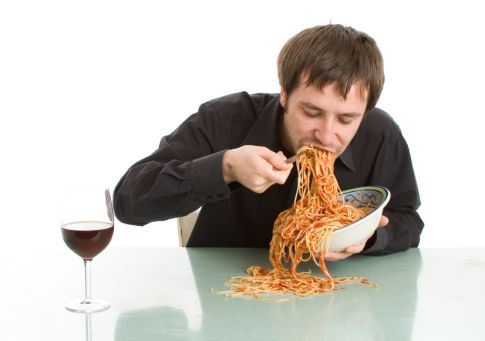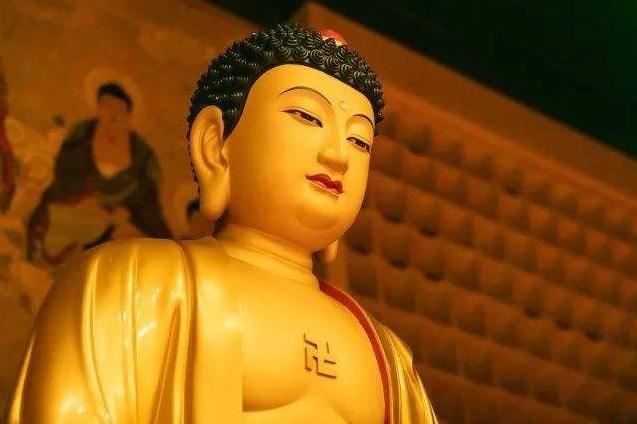Talk about Buddhist vegetarian rice
2022-01-02 Other articles
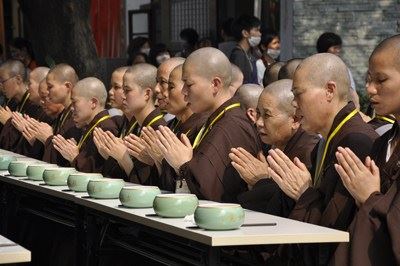
Most people are busy every day, and their minimum goal is to find food and clothing. If you can eat and wear warmly, it is best to eat well and wear and show your status.For monks, they only use food to treat hunger, nourish their physical body, and raise their wisdom. They should not be greedy for food.
Diet is one of the requirements for organisms to maintain their body.Most people are busy every day, and their minimum goal is to get food and clothing. If you can eat and wear warmth, it is best to eat well and wear and show your status;For monks, to be able to concentrate on their Taoism, they must first settle their physical body. However, the Buddha taught the monks to regard food as medicine, and only use food to treat hunger and diseases, nourish the physical body, and nourish their wisdom and life. They should not be greedy for food.
In the primitive Buddhism, monks made a living by begging for food. There were many regulations on food in the Vinaya, which were formulated by the Buddha based on the situation at that time.After Buddhism was introduced to China, in order to adapt to the customs of the people, the source, form and content of Chinese monks' food produced a new look.
Farming and eating in the life of farming and Zen
During the Buddha's life, monks wore cassocks and bowls in their hands, begging for food and wandering around. Only in the rainy season can they return to the monastery or a fixed place to make a summer home, and no longer go out to beg for food.For monks, begging for food contains profound meanings ──On the one hand, we are to subdue arrogance, not to be greedy for delicious food, have no choice, and concentrate on practicing Taoism;On the other hand, we contact lay Buddhists through the cause and condition of begging for food, and give them the opportunity to give alms and plant blessing fields and preach.Therefore, begging for food is the right life of monks. Cultivating soil and digging ground, planting fruits and vegetables, and causing harm to life, which is not allowed by primitive Buddhism.
When Buddhism was first introduced to Central China, Chinese monks still adhered to the Buddha's teachings. Later, monks gradually gave up the way of begging for food. The earliest visible record was Daoheng's "Explanation and Refutation" in the first year of Yixi (405 AD) of Emperor An of the Eastern Jin Dynasty pointed out that monks might have cultivated fields and lived with farmers at that time. It can be seen that monks had already started to farm.
Why can't Chinese monks live a life of begging for food?This is related to China's people's sentiment and the development of the monastic community in China.
In Chinese culture, begging is a humble act, not to mention that in a large society where labor is generally valued, monks begging for food are regarded as not working or producing, and it is difficult to gain the recognition and respect of the general public;Secondly, the number of monastic groups has been increasing and expanding, and the temple is also remote, so it is difficult for the beg for food.Under this circumstance, since the Southern and Northern Dynasties, royal nobles offered sacrifices to monks by giving land and sacking land, and no longer gave food directly;In contrast, the monastic community must also organize production methods themselves in order to be self-sufficient.
By the Tang Dynasty, Master Mazu created a jungle, and Zen Master Baizhang set a clear rule to officially start a new type of Chinese monk life. Monks began to live a farming life of farming and farming and eating at night. Zen Master Baizhang did not do it for a day and did not eat for a day, and became an example for future monks to follow, and practiced in their work became an unswerving belief.
The roots of the vegetables are fragrant, and the Buddhist heart is long
Compared with the original Buddhist diet, the most prominent thing about Chinese Buddhism is vegetarianism.In the Buddha's life, monks were begging for food, and monks would accept whatever lay people offer. Therefore, the Buddha did not prohibit monks from eating meat. Except for elephant meat, horse meat, dragon meat, and human meat, the rest of the meat could be accepted as long as they did not see the killing, did not hear the killing, and did not kill for me (three pure meats).
Mahayana Buddhism strictly prohibits eating meat. The "Bodhisattva Precepts of the Brahma Net Sutra" points out that you cannot eat all sentient beings' meat, and you will get infinite sins when eating meat;The Nirvana Sutra also says that those who eat meat will cut off the great compassion seeds.Avoiding killing and eating vegetarian food with compassion is a manifestation of compassion for sentient beings and fostering Mahayana compassion.
The vegetarian food of Chinese monks is also closely related to Emperor Wu of Liang, who firmly believed in Mahayana Buddhism.In May 11 AD, Emperor Wu of Liang summoned all monks to vow to cut off wine and meat forever, and announced the law, and those who violated the law were severely punished.Thanks to the promotion of the emperor, coupled with the self-cultivation of Chinese temples and the vast manors provide vegetarian sources, this reform of the sect has achieved great results. To this day, the Chinese Buddhist monastic community still insists on vegetarianism.
In the past, the temples were generally poor, and monks were frugal and had a lot of pickled sauce. They ate vegetarian food every day, except for one lunch meal, they mostly ate porridge and served with aged pickled vegetables.Today, Taiwan is a blessing for economic growth, and the monks' diet has also changed. For example, the population of vegetarian food has increased rapidly, vegetarian restaurants have been established one after another, and the variety of vegetarian food has become diversified.In recent years, the trend of returning to nature has been rising. Light raw food and vegetarian food have naturally become the darlings of the new era. From a health perspective, it has gradually deviated from religious vegetarianism.
Dining in at 2nd time and depositing five views
Classroom is also a unique ritual in the Chinese jungle. It occupies an important position in the life of monks. Classrooms for morning and lunch are two of the five lessons of monks.
When the cloud board sounded, the crowd put on their clothes and entered the Five Contemporary Hall, sat in sequence, and then asked upwards and started to speak Vinaya. The crowd sang offering verses to offer to all Buddhas in the ten directions and three times. When facing food to fill hunger and nourish themselves, the monk once again reminded himself not to forget to seek Buddhahood and transform sentient beings, and to follow the sages and wise men.Singing porridge in the morning thai can benefit the pedestrians, and the consequences are boundless, and they will be happy in the end.In the lunch thai, the three virtues and six flavors are sung. When offering food to Buddhas and monks, you should wish sentient beings to eat with joy and be filled with joy in Dharma.
Then after Master Vina called Sengba, the public began to use fasting.In the jungle hall, bowls and plates are mostly used. In a few temples, bowls and plates are all in a certain position and must not be placed at will. Add soup and dishes to the hall to serve, and they must not be spoken or moved at will.In meals, you must keep five views (1. Calculate the amount of merit and measure the origin of that;2. Think about your own virtues and lack of supply;3. Be careful of being separated from one’s mistakes, and be greedy and other things as the foundation;4. Good medicine for good work, to cure the body withered;5. Only by achieving enlightenment can you receive this food.) Who is the one who concentrates his mind and works hard, or recites the Buddha's name or eats?At the end, the so-called donors who sing the verse of the vegetarian verse, must benefit them. They must wish that all sentient beings should do everything they do, possess all the Buddha Dharmas, be grateful, faith, and protect them, and dedicate them to all sentient beings to achieve perfection.
The whole wardrobe is a quiet process of eating. If there is anything to do, the abbot will announce it to the public at this time, which is called the Preface Hall.Add vegetables to the first, fifteenth day of each month or on special festivals, or add vegetables to the lay Buddhists and monks.
Chinese Buddhist temples usually have a small feeding table on the right side of the hall to comfort hungry and sleepy sentient beings.It comes from the allusions of the ghosts and gods in the wilderness and the Rakshasa devils in the Buddhist scriptures. When the public passed by, a monk was responsible for feeding them, and gave them seven grains of rice or noodles worth a nail to all living beings through visualization and blessings of the public. May they be full and eliminate greed.
The simple jungle vegetarian symbolizes lofty wisdom and broad feelings.
It is not easy to provide medicinal stones after noon
Buddha ordered monks to eat one meal a day and not eat after noon. Before the middle Tang Dynasty, Chinese monks strictly held noon. Gradually, they were like begging for food, and were abandoned after the evolution and adaptation of time and space.Because of the vast territory of China's geography, coupled with the monks' own farming and self-feeding and labor, the monks finally gave up the traditional Buddhist system and the temple officially provided dinner, called medicinal stones, and all medicinal stones were eaten, also known as evening porridge.
During the seventh period of the Zen Hall, there are activities all day long, meditating and running incense work alternately, and the physical strength is exhausted. Therefore, the meal lasts four or five times a day. In addition to breakfast porridge and lunch, you can eat lunch porridge (snack porridge) in the afternoon and one meal at 8 o'clock in the evening, which is also porridge or steamed buns, which is called ginseng.
In addition, there are monks who go out to seek Dharma. In the condition that they do not connect to the village in front or the restaurant in the back, their meal time and food are not guaranteed, and they are not subject to the restriction of not eating after noon. They can say that they will eat when they get food. However, when they go to the meditation hall to hold orders, they must follow the crowd. The rules of the Baizhang Qing Dynasty attached to the Danchen Rules, which are stipulated for the Yunshui Monk: Once the lunch arrives, lunch will follow the crowd;It’s late at night, and the evening porridge follows everyone;Time comes, eat more;Arrive for one night and take lunch the next day.
Since Chinese monks cannot strictly observe the precepts of not eating after noon, what kind of mentality should they use to use medicine stones?The "Brief Introduction to the Law of the Noodles" written by Master Lianchi of the Ming Dynasty mentioned that he must also know that he violated the Buddhist system and felt great ashamed, and he thought of hungry ghosts suffering, and often practiced sorrow and relief, not eating too much, not having delicious food, and being uneasy to eat, which shows that monks must be vigilant when using medicine stones, and be ashamed and compassionate.
Xiangji Chef's Creampie
Chinese monks must cook by themselves, and the deacons responsible for the monks' diet appeared in response. The following deacons were recorded in the Baizhang Qing Rules:
1. Classic: in charge of all offerings to the public vegetarian porridge.
2. Rice head: Responsible for cooking porridge and rice.
3. Outfit: Work hard in the dining hall.
4. Fire head: Responsible for cooking rice cookers.
5. Water head: Responsible for the water in the Daliao tea room and the various halls of water, and always keep the water clean.
6. Cooking Head: Responsible for cooking vegetables.
7. Bucket head: Responsible for washing the vegetarian restaurant buckets and rice buckets.
8. Grinding head: Responsible for grinding rice and wheat and making tofu.
Others include charcoal, tea, and pot heads. The temples are set up according to time and place, and are not unified.
Chinese temples and jungles also have strict kitchen regulations and warehouse regulations, indicating the duties and knowledge that each deacon should possess. For example, if you know the difficulties of the source, you should think about harmonizing the mouths of the whole family, sour, salty, flavorful, and soft, cook carefully, and do not neglect it. If you take offerings as a three-hour period, you should not make mistakes in one day as a guide for monks to lead them. To cultivate the spirit of dedication and joy in deacons, you should also look at your own heart.Therefore, many great ancestors from ancient times came from Daliao (kitchen). For example, Zen Master Xuefeng was a meal, and Zen Master Weiyang was a ceremonial seat. No one else said that there was no other deacon, and there was no one else to do. It is necessary to know that transporting water and firewood is nothing more than a Buddhist service;Pound rice and make rice, which is just right to ask for.Although Chinese monks no longer go out to beg for food, they protect each other in deacons, especially among the deacons, nourish their physical bodies and wisdom, and open up another best mandala for achieving Taoism.
2024-02-04 21:54
Related Readings
![【Buddhist knowledge] Is it necessary to sit for a long time when meditating?](https://img.sushijiameng.com/pic/images/img/1_202205012212499f323.jpeg) 【Buddhist knowledge] Is it necessary to sit for a long time when meditating?
【Buddhist knowledge] Is it necessary to sit for a long time when meditating?
 No wonder Sun Wukong has 84,000 hairs. Who do you think it has to do with?From Buddhist allusions
No wonder Sun Wukong has 84,000 hairs. Who do you think it has to do with?From Buddhist allusions
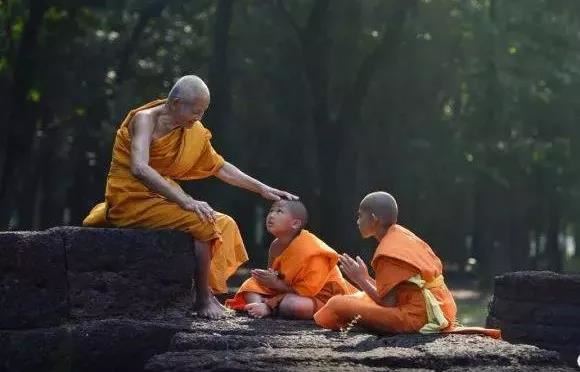 Master Weijue: Buddhist view of financial management
Master Weijue: Buddhist view of financial management
 Master Chongci: Is it difficult for women to practice more than men?Buddhism's interpretation of women
Master Chongci: Is it difficult for women to practice more than men?Buddhism's interpretation of women
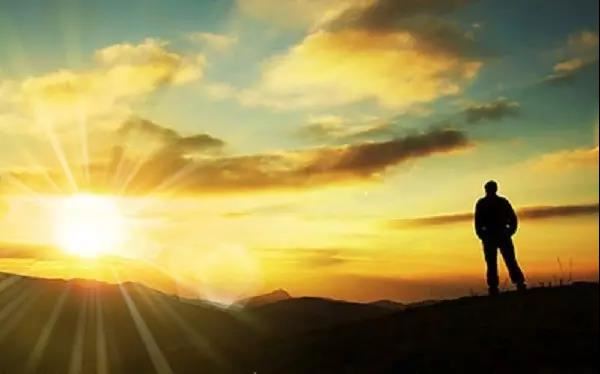 Master Chongci replied: Are there any statements about "doomsday theory" and "destruction theory" among the Buddhist sayings about "disaster"?
Master Chongci replied: Are there any statements about "doomsday theory" and "destruction theory" among the Buddhist sayings about "disaster"?
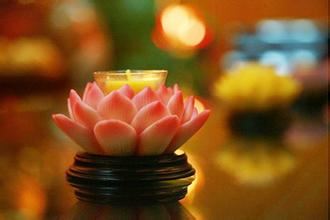 Master Chongci replied: When eating vegetarian food in a temple, I often hear the saying "you have to eat three bowls". Is this true?
Master Chongci replied: When eating vegetarian food in a temple, I often hear the saying "you have to eat three bowls". Is this true?
 Master Chongci: Why is Buddhism called Buddhism _The standard for becoming a Buddha
Master Chongci: Why is Buddhism called Buddhism _The standard for becoming a Buddha
 Master Mingxian: There is no need to merge Buddhism and science
Master Mingxian: There is no need to merge Buddhism and science
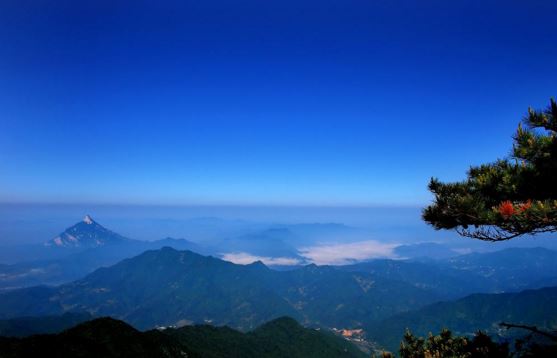 Buddhist concept of cause and effect
Buddhist concept of cause and effect
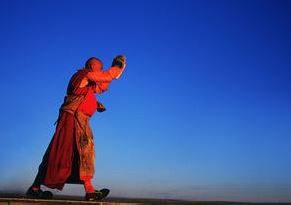 The Buddhist holy land of Sizhou Temple is worth seeing
The Buddhist holy land of Sizhou Temple is worth seeing
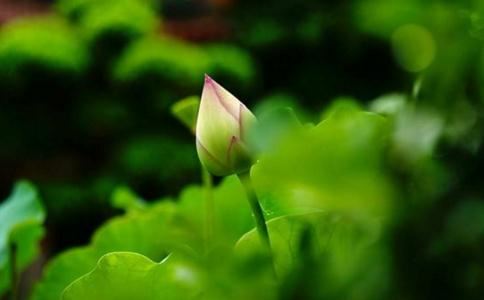 Huang Yi met with Buddhist monks at home and abroad
Huang Yi met with Buddhist monks at home and abroad
 Those words from Buddhism, Chinese gives Buddhism the highest "privileges"
Those words from Buddhism, Chinese gives Buddhism the highest "privileges"
 The first academic seminar on "Jizu Mountain Kashyapa Sect Style and Mountain Forest Buddhism" opened
The first academic seminar on "Jizu Mountain Kashyapa Sect Style and Mountain Forest Buddhism" opened
 Master Jingbo: The blessings of Buddhism cannot only know how to "not leave" but ignore "independence"
Master Jingbo: The blessings of Buddhism cannot only know how to "not leave" but ignore "independence"
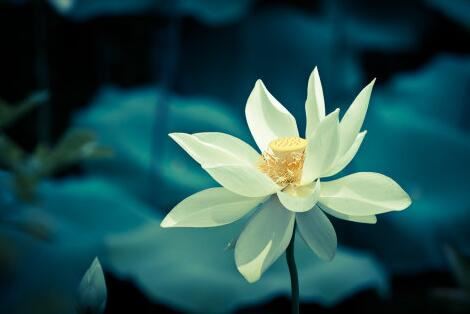 Xiangjiu Kitchen and Vegetarian Rice
Xiangjiu Kitchen and Vegetarian Rice
 The Buddhist saints gather the causes and conditions of 23. Encourage good and abandon evil and sage virtue to sing incense
The Buddhist saints gather the causes and conditions of 23. Encourage good and abandon evil and sage virtue to sing incense
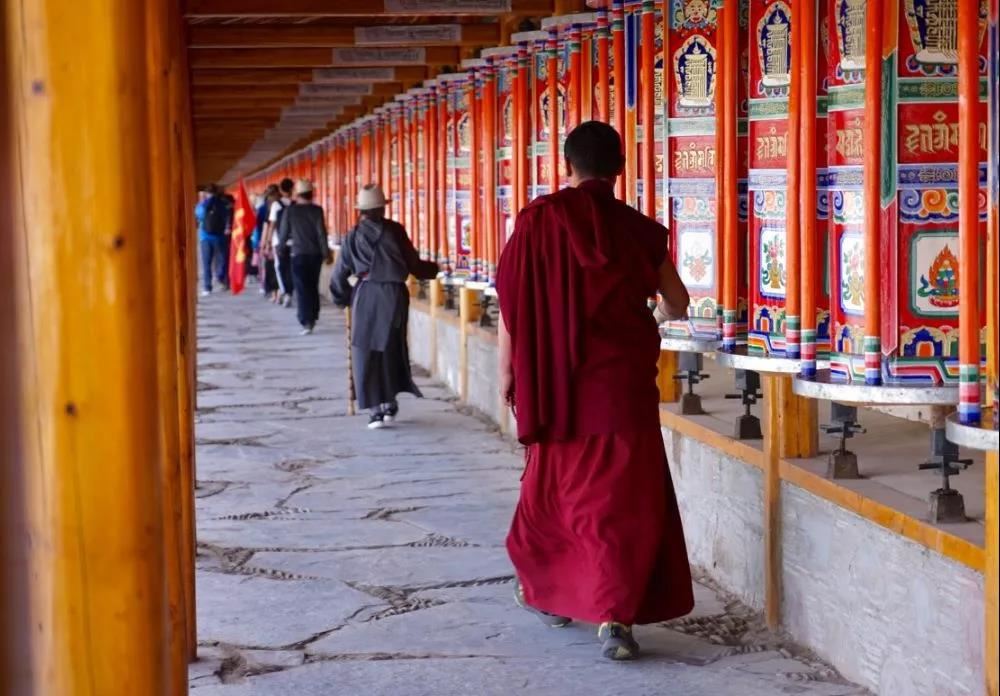 Master Zhihai: Practice of Human Buddhism
Master Zhihai: Practice of Human Buddhism
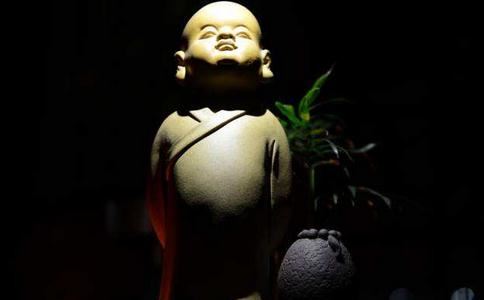 The Buddhist saints gather the causes and conditions 6. The sage is like a mountain and the saints have no words
The Buddhist saints gather the causes and conditions 6. The sage is like a mountain and the saints have no words
 The Buddhist saints’ causes and conditions are gathered in fifteen. The fault of words is the karma of dog monks
The Buddhist saints’ causes and conditions are gathered in fifteen. The fault of words is the karma of dog monks
 Master Dazhao: Introduction to Beyond Death——The Thought Background of Buddhist Hospice
Master Dazhao: Introduction to Beyond Death——The Thought Background of Buddhist Hospice
 Master Jingyin: Why does Buddhism have to use candles to represent light?
Master Jingyin: Why does Buddhism have to use candles to represent light?
 Master Dazhao: Beyond Death Chapter 1, Section 3, Buddhist Reincarnation
Master Dazhao: Beyond Death Chapter 1, Section 3, Buddhist Reincarnation
 Master Dazhao: Transcending Death Chapter One Major Events of Life and Death - Life and Death are the themes of the world Chapter One Buddhist View of Life and Death
Master Dazhao: Transcending Death Chapter One Major Events of Life and Death - Life and Death are the themes of the world Chapter One Buddhist View of Life and Death
 The most touching story of Buddhism: Ksitigarbha Bodhisattva wearing a straw hat
The most touching story of Buddhism: Ksitigarbha Bodhisattva wearing a straw hat
 Master Nengxu: What is Buddhism _What is Buddhism _What is Buddhism _What is learning Buddhism
Master Nengxu: What is Buddhism _What is Buddhism _What is Buddhism _What is learning Buddhism
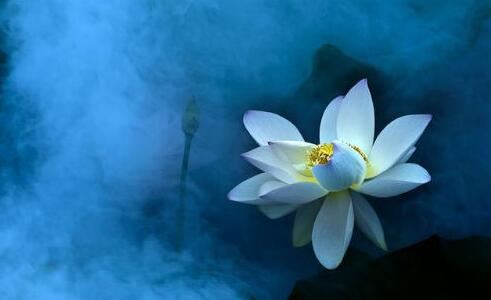 The first Buddhist scripture translator in Xinjiang - Kumarashi, the ancestor of the eight Buddhist sects
The first Buddhist scripture translator in Xinjiang - Kumarashi, the ancestor of the eight Buddhist sects
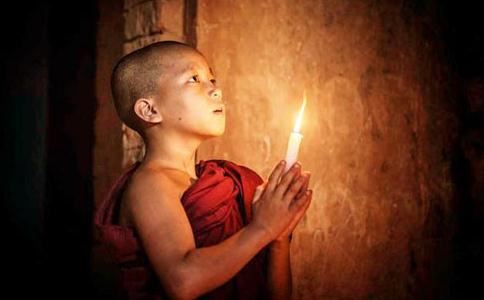 Master Shoupei: Buddhistism and the significance of conducting Buddhism
Master Shoupei: Buddhistism and the significance of conducting Buddhism
 Elder Damonanda: Buddhism and politics
Elder Damonanda: Buddhism and politics
 Master Cihang: The complete collection of Master Cihang's Bodhicitta Shadow (one )Chapter 16 of the Release of Questions, Buddhism and People's Governance
Master Cihang: The complete collection of Master Cihang's Bodhicitta Shadow (one )Chapter 16 of the Release of Questions, Buddhism and People's Governance
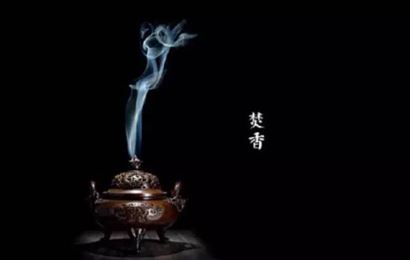 What is the meaning of the Eighteen-Subs Bracelet that was popular in the Qing Palace?What are the eighteen realms of Buddhism?
What is the meaning of the Eighteen-Subs Bracelet that was popular in the Qing Palace?What are the eighteen realms of Buddhism?
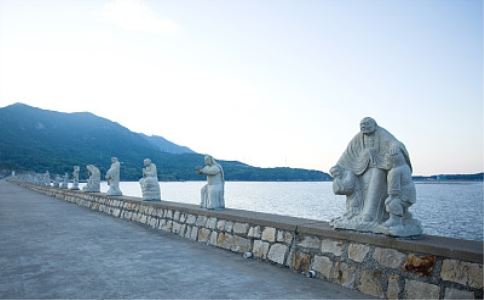 Master Zhengguo: Message from Buddhism on earth
Master Zhengguo: Message from Buddhism on earth
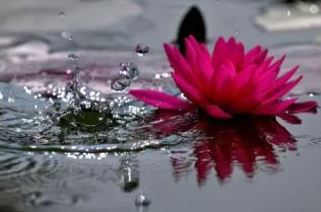 Master Da'an: Precepts are the lifespan of Buddhism
Master Da'an: Precepts are the lifespan of Buddhism
 The first-class scenic spot in Yangzhou, integrating Buddhist temples, cultural relics and historical sites, and landscape gardens
The first-class scenic spot in Yangzhou, integrating Buddhist temples, cultural relics and historical sites, and landscape gardens
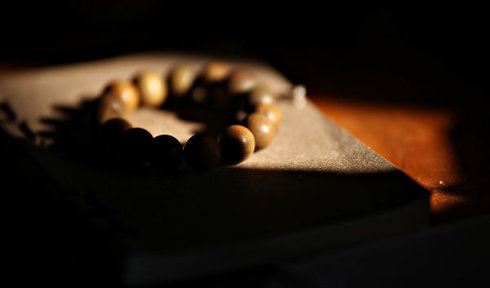 Master Miaolian: Buddhist Outlook on Life Three: Don’t kill what you don’t want
Master Miaolian: Buddhist Outlook on Life Three: Don’t kill what you don’t want
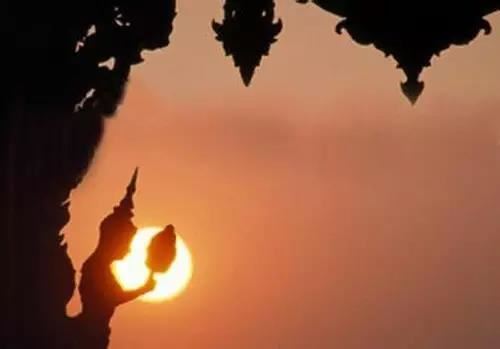 Master Miaolian: Buddhist Outlook on Life Eight, Faithfulness and Do Not Practice Good Words
Master Miaolian: Buddhist Outlook on Life Eight, Faithfulness and Do Not Practice Good Words
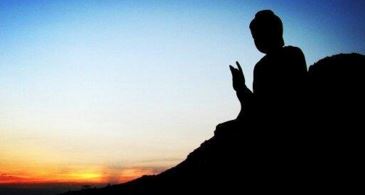 Master Miaolian: Buddhist Outlook on Life Six: Eliminate desires and do not lust and lead to life and death
Master Miaolian: Buddhist Outlook on Life Six: Eliminate desires and do not lust and lead to life and death
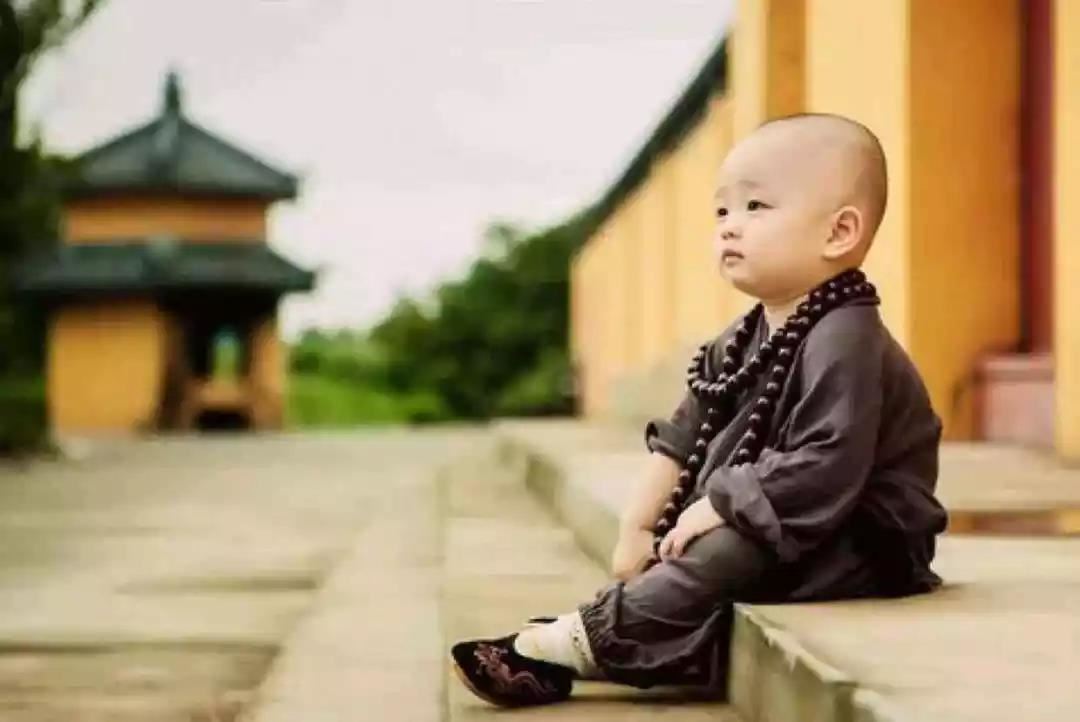 Master Shengyan: How to understand Buddhism?
Master Shengyan: How to understand Buddhism?
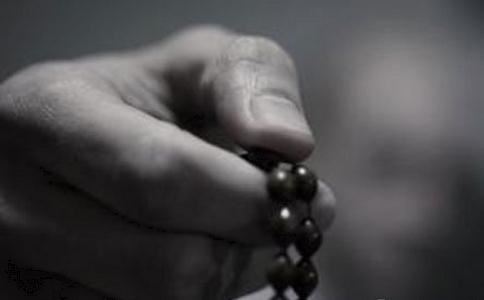 Master Jinghui: What is the fundamental problem of Buddhist heritage?
Master Jinghui: What is the fundamental problem of Buddhist heritage?
 Khenpo Dazhen: What should I do if someone wants to do business and make money for the sake of the Buddhist cause but has no chance?
Khenpo Dazhen: What should I do if someone wants to do business and make money for the sake of the Buddhist cause but has no chance?
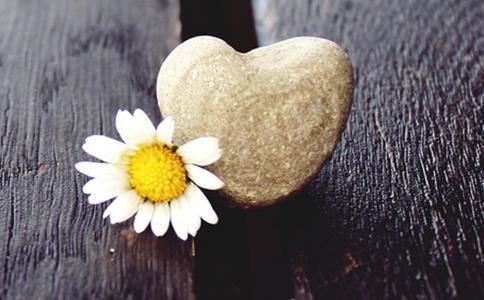 Master Jiqun: A Buddhist moral concept based on human nature
Master Jiqun: A Buddhist moral concept based on human nature
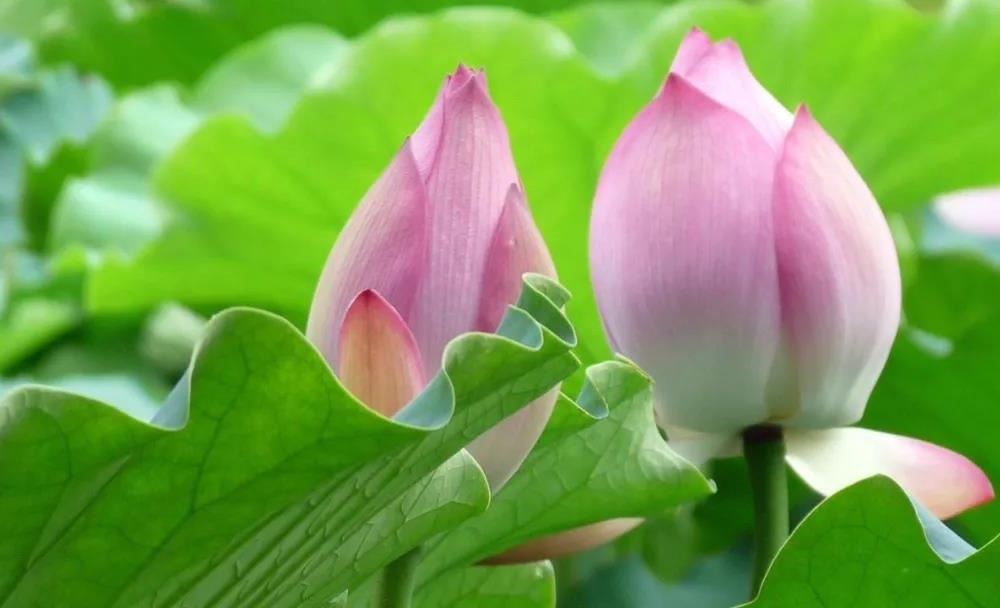 What does "Dharma" mean in Buddhism?
What does "Dharma" mean in Buddhism?
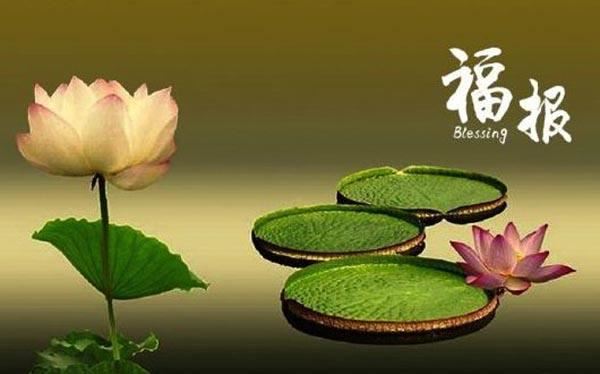 Master Xuecheng: Buddhism does not have the saying of Buddha in natal, and Buddha statues cannot be worn casually
Master Xuecheng: Buddhism does not have the saying of Buddha in natal, and Buddha statues cannot be worn casually
 19 rituals in Buddhist temples
19 rituals in Buddhist temples
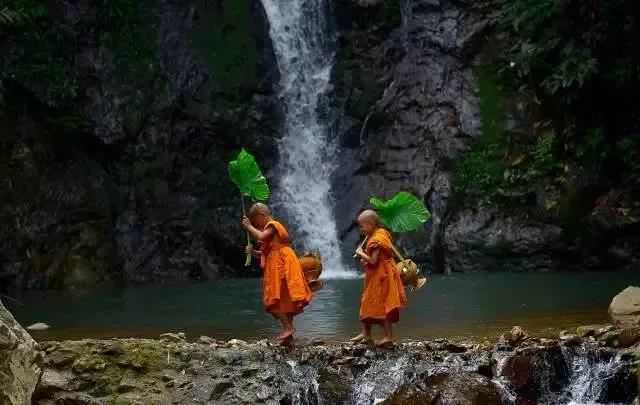 Master Zhenchan: Buddhist filial piety——The Ullambana Sutra
Master Zhenchan: Buddhist filial piety——The Ullambana Sutra
 The story of Amitabha Buddha in Buddhism
The story of Amitabha Buddha in Buddhism
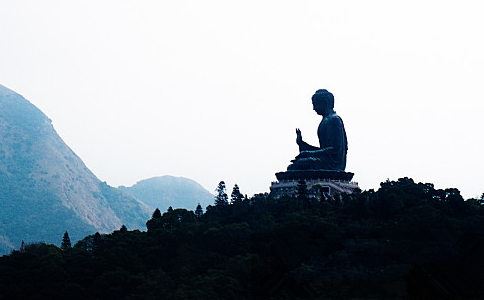 Master Zhen Chan: Zen thought is the Buddhist thought on earth
Master Zhen Chan: Zen thought is the Buddhist thought on earth
 Master Yinshun: Modern Buddhism should not hide in the mountains and forests
Master Yinshun: Modern Buddhism should not hide in the mountains and forests
 Master Yinshun: Promoting human Buddhism should focus on youth
Master Yinshun: Promoting human Buddhism should focus on youth
Which ten Buddhas in the ten directions include in Buddhism?
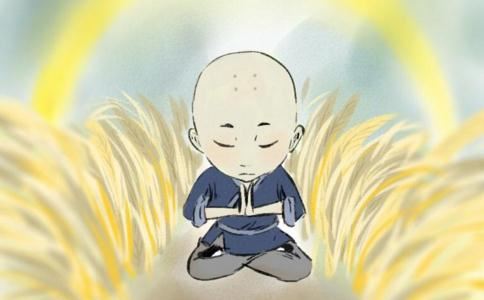 Buddhist theory of cause and effect
Buddhist theory of cause and effect
 How do Buddhism think that destiny must be sometimes there, and don’t force this sentence when destiny is never there?
How do Buddhism think that destiny must be sometimes there, and don’t force this sentence when destiny is never there?
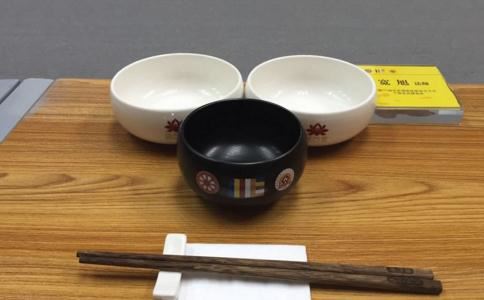 Chen Yongge: Buddhist concepts and beliefs in contemporary society
Chen Yongge: Buddhist concepts and beliefs in contemporary society
 The seventh month of the lunar calendar is the happy month of Buddhism, not the ghost festival
The seventh month of the lunar calendar is the happy month of Buddhism, not the ghost festival
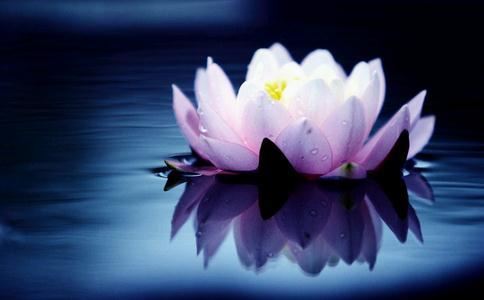 Baimadorji: Buddhism that transcends religion
Baimadorji: Buddhism that transcends religion
 Buddhist beads talk about how to use Buddhist beads
Buddhist beads talk about how to use Buddhist beads
 Buddhist Buddhist: Getting close to Buddhism Chapter 8 Treating life well
Buddhist Buddhist: Getting close to Buddhism Chapter 8 Treating life well
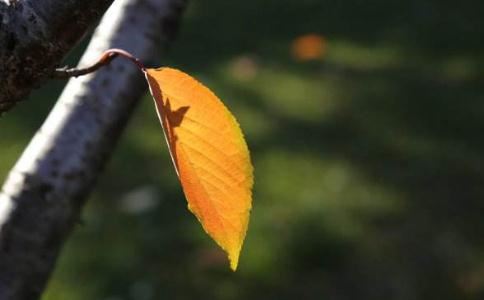 Yao Weiqun: The formation, development and main characteristics of Buddhist Zen thought (II)
Yao Weiqun: The formation, development and main characteristics of Buddhist Zen thought (II)
 Yao Weiqun: Monk Xuyun’s practice thoughts and the construction of the monastic community in contemporary Buddhism
Yao Weiqun: Monk Xuyun’s practice thoughts and the construction of the monastic community in contemporary Buddhism
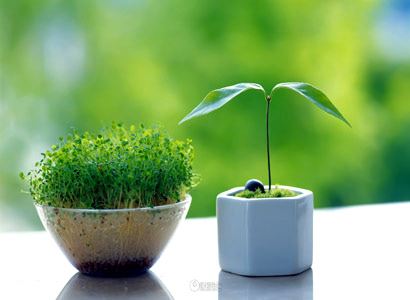 Yao Weiqun: Relics, pagodas and Buddhist thoughts
Yao Weiqun: Relics, pagodas and Buddhist thoughts
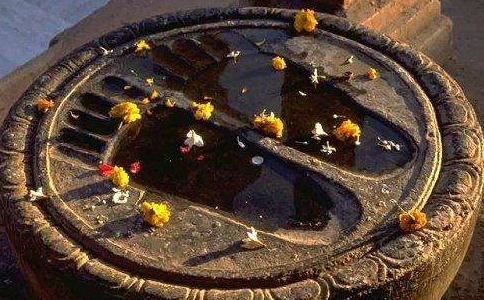 Chen Xingqiao: How Buddhism views smoking
Chen Xingqiao: How Buddhism views smoking
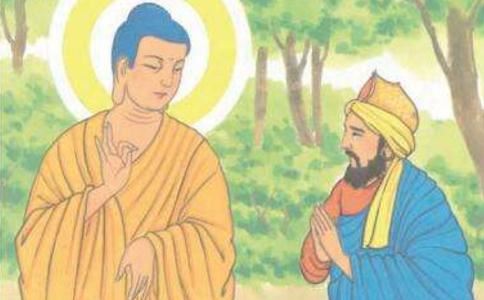 Chen Xingqiao: A holy object of Buddhism --Sali
Chen Xingqiao: A holy object of Buddhism --Sali
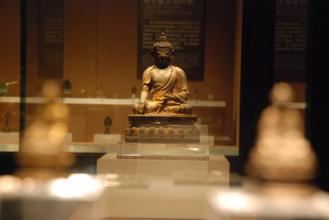 A micro-talk about incense: When did Buddhism use incense?
A micro-talk about incense: When did Buddhism use incense?
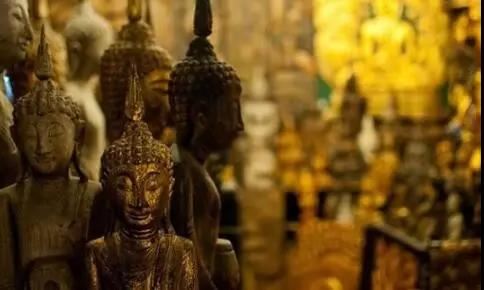 Chen Hongbing: The construction of the ecological concept should be based on the Buddhist theory of origin
Chen Hongbing: The construction of the ecological concept should be based on the Buddhist theory of origin
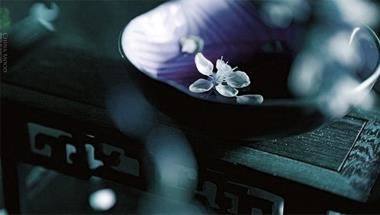 Fang Litian: The Essentials of Chinese Buddhist Philosophy Chapter 14 Three Treatises, The Mind and Nature Theory of Consciousness and the Secretology Section 1 Three Treatises Theory of the Middle Way of Buddha Nature
Fang Litian: The Essentials of Chinese Buddhist Philosophy Chapter 14 Three Treatises, The Mind and Nature Theory of Consciousness and the Secretology Section 1 Three Treatises Theory of the Middle Way of Buddha Nature
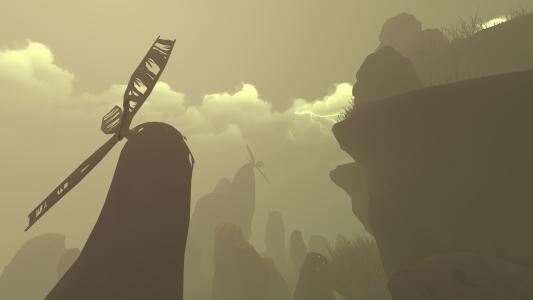 Fang Litian: The Essentials of Chinese Buddhist Philosophy Chapter 16 Huineng’s "Platform Sutra" Theory of Pure Nature and Self-Enlightenment Chapter 3 The King of Mind and Earth is the same as the King of Mind and Nature
Fang Litian: The Essentials of Chinese Buddhist Philosophy Chapter 16 Huineng’s "Platform Sutra" Theory of Pure Nature and Self-Enlightenment Chapter 3 The King of Mind and Earth is the same as the King of Mind and Nature
 Gong Jun: Is Zen Buddhism?——A review of the concept of "criticism of Buddhism" on Zen
Gong Jun: Is Zen Buddhism?——A review of the concept of "criticism of Buddhism" on Zen
 Cai Huiming: Wu Zetian and Buddhism
Cai Huiming: Wu Zetian and Buddhism
 Hong Xiuping: The Fruit of Cultural Interaction: Chinese Buddhism
Hong Xiuping: The Fruit of Cultural Interaction: Chinese Buddhism
 Pan Guiming: Some opinions on Buddhist education
Pan Guiming: Some opinions on Buddhist education
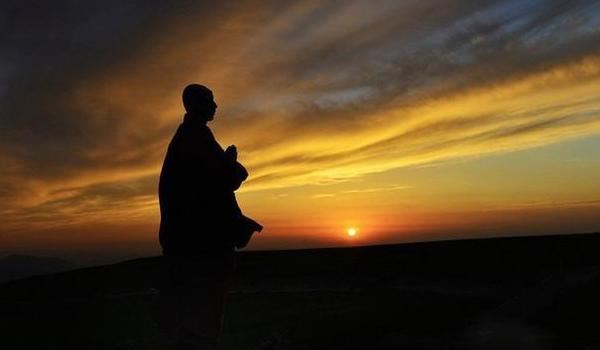 Wei Daoru: The status, destiny and mission of Chinese Buddhism
Wei Daoru: The status, destiny and mission of Chinese Buddhism
 Guo Yuanxing: Chinese Buddhism and medicine
Guo Yuanxing: Chinese Buddhism and medicine
 Li Zhifu: On the value of Abhidharmakosha in the history of Buddhist thought
Li Zhifu: On the value of Abhidharmakosha in the history of Buddhist thought
 Song Zhiming: The third volume of the Pure Land Buddhism, the way to return to the Pure Land Buddhism. On the way to solve human problems
Song Zhiming: The third volume of the Pure Land Buddhism, the way to return to the Pure Land Buddhism. On the way to solve human problems
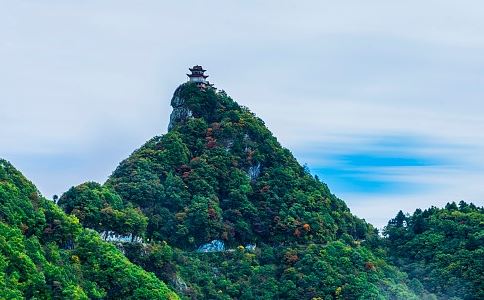 Song Zhiming: The third volume of the Buddhist Pure Land Dharma is about to experience and faith
Song Zhiming: The third volume of the Buddhist Pure Land Dharma is about to experience and faith
 Song Zhiming: The third volume of the Buddhist Pure Land Dharma is to return to the real life
Song Zhiming: The third volume of the Buddhist Pure Land Dharma is to return to the real life
![[Release the illusion ]Marriage and Buddhism: Buddhism sees the universe](https://img.sushijiameng.com/pic/images/img/1_20220501220048acb3d.jpeg) [Release the illusion ]Marriage and Buddhism: Buddhism sees the universe
[Release the illusion ]Marriage and Buddhism: Buddhism sees the universe
 These four famous mountains are holy places of Chinese Buddhism and are the places that believers in Buddhism must visit
These four famous mountains are holy places of Chinese Buddhism and are the places that believers in Buddhism must visit
How does Buddhist wisdom keep love fresh?
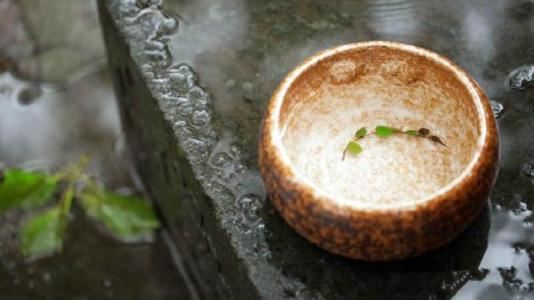 Practical Buddhism 17: Buddhist Career Planning
Practical Buddhism 17: Buddhist Career Planning
 Practical Buddhism 14: Buddhists’ life etiquette
Practical Buddhism 14: Buddhists’ life etiquette
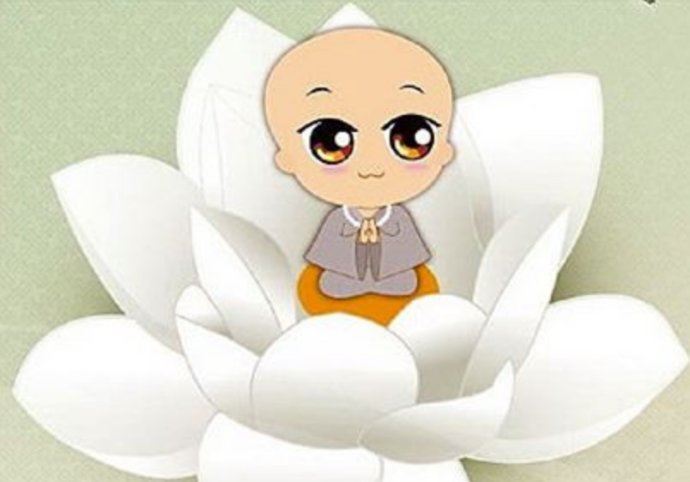 What is Guan Gong's status in Buddhism
What is Guan Gong's status in Buddhism
 Temples are the carrier of culture Buddhism is not just faith
Temples are the carrier of culture Buddhism is not just faith
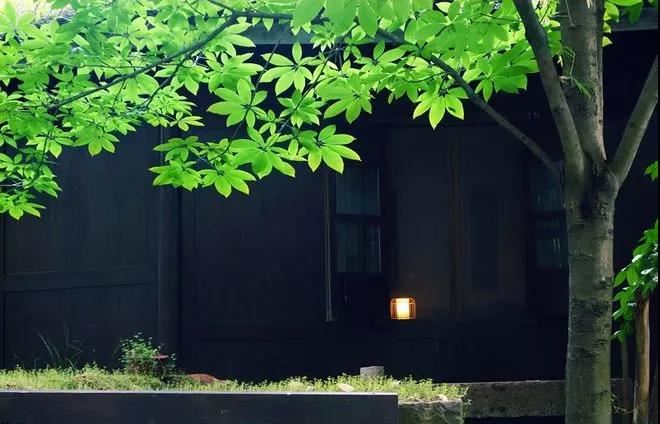 Buddhism should take on great responsibility for rejuvenation of Chinese culture
Buddhism should take on great responsibility for rejuvenation of Chinese culture
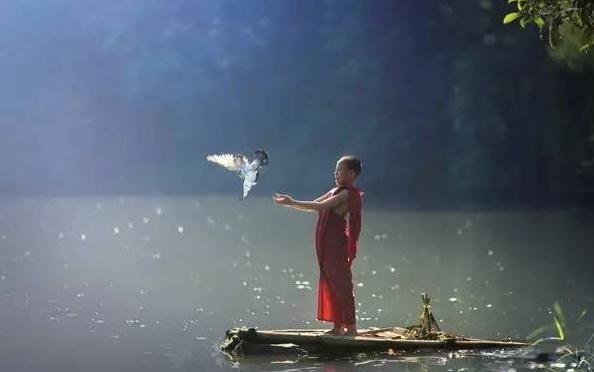 Feng Peide: The hidden worries of excessive academicization of Buddhism
Feng Peide: The hidden worries of excessive academicization of Buddhism
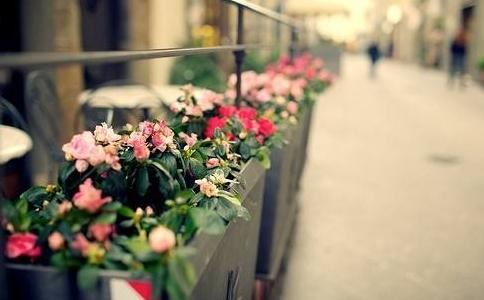 Some thoughts on promoting Buddhism to serve the construction of new rural culture!
Some thoughts on promoting Buddhism to serve the construction of new rural culture!
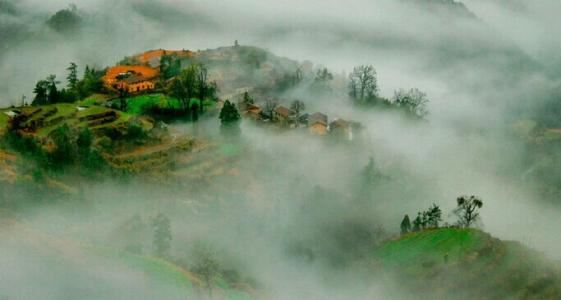 How can Buddhism help the construction of new rural culture? I have a few thoughts
How can Buddhism help the construction of new rural culture? I have a few thoughts
 Chen Jian: The concept of "good and evil" in the sense of Buddhist liberation
Chen Jian: The concept of "good and evil" in the sense of Buddhist liberation
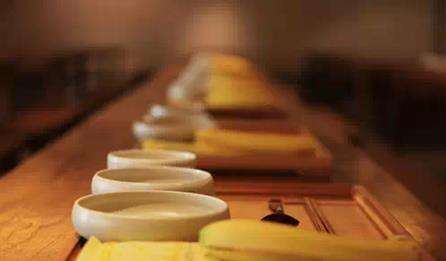 Gao Zhennong: Several Questions on Buddhist Research Methodology
Gao Zhennong: Several Questions on Buddhist Research Methodology
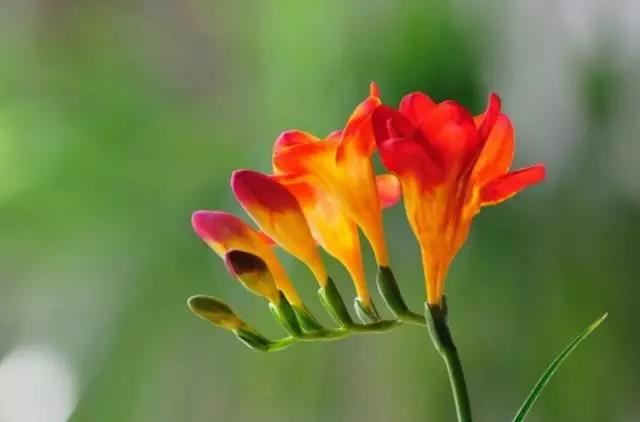 Give full play to the power and wisdom of Buddhist culture to build harmonious Liupanshui
Give full play to the power and wisdom of Buddhist culture to build harmonious Liupanshui
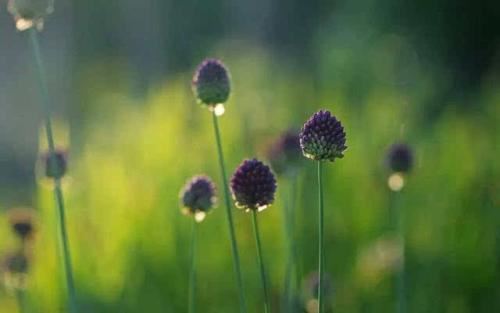 Hua Fangtian: Lingnan Buddhism is the source of Macau Buddhism
Hua Fangtian: Lingnan Buddhism is the source of Macau Buddhism
Complete collection of Buddhist scriptures
Article Category
Share on WeChat
Scan the QR code to share on WeChat or Moments
















